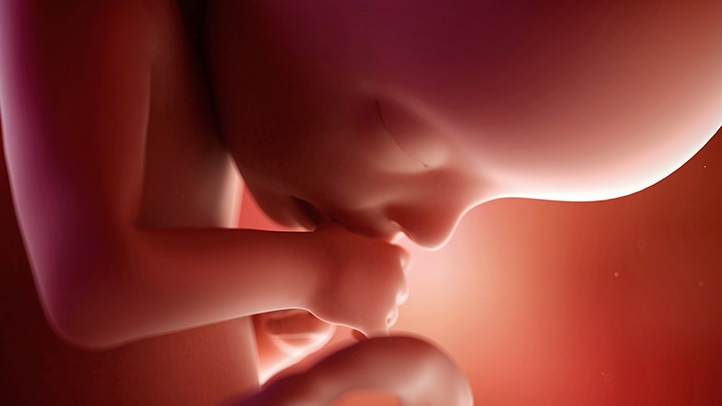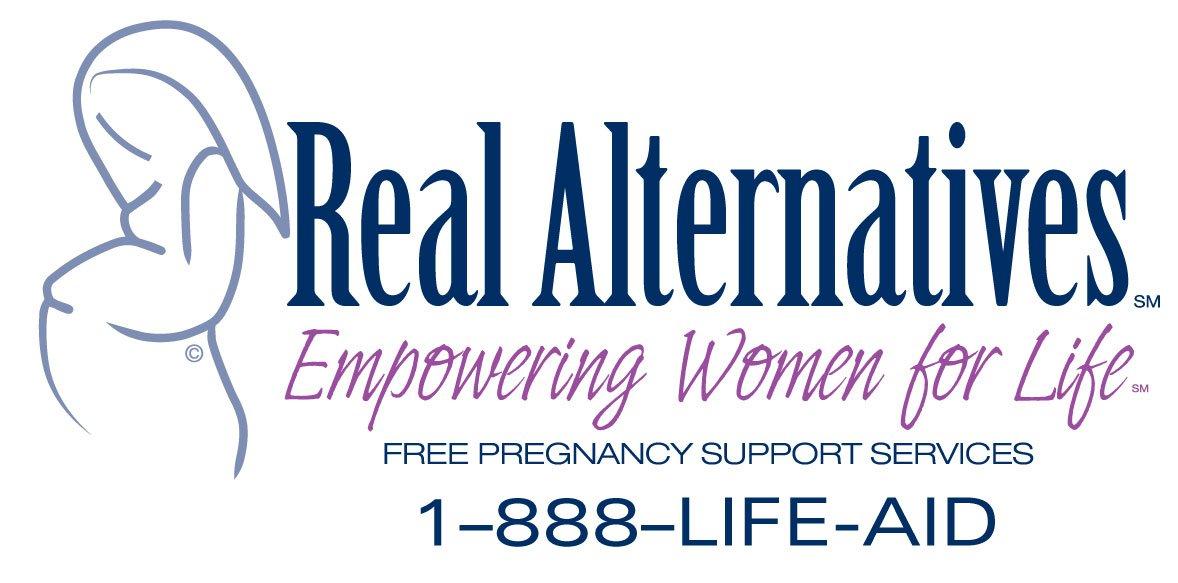 With a strong presence in Pennsylvania, Indiana, and Michigan, Pennsylvania-based Real Alternatives partners with state departments of health and human services to offer high-quality pregnancy counseling, parent support, and information on alternatives to abortion. Real Alternatives believes that the more women know about their developing babies, the less likely they will be to choose abortion. A highly sophisticated network even long before birth, the human nervous system is among the first physical structures to develop in an embryo’s body. Sixteen days after conception, the baby’s neural plate forms, this will be the foundation for his or her central nervous system. The neural plate grows and forms into a neural tube. The neural tube divides into several distinct regions of the brain. Twenty days after conception the baby’s brain, spinal column and nervous system are virtually complete. The baby’s nervous system consists of millions and millions of neurons, each with tiny branches. As these branches connect, synapses, a kind of communication from one nerve cell to another occurs. This communication between neurons allows for early fetal movements, these fetal movements are both spontaneous and voluntary. By week 8 the baby can wiggle his or her limbs and has developed a sense of touch. The baby’s face, arms and legs are sensitive to touch at week 11. The baby can turn her head, curl her toes, squint, hiccup, frown and smile by week 12. At week 13, babies’ facial expressions are similar to her parents. At week 16, babies can swim and turn somersaults. An expectant mother can anticipate feeling her baby’s movements, typically between the 18th and 22nd week of pregnancy.
0 Comments
Real Alternatives provides pregnancy and parenting services in the states of Pennsylvania, Indiana, and Michigan. Pregnancy counselors with Real Alternatives connect pregnant woman with an assortment of supportive services and resources, including information on the stages of pregnancy. The following are four health tips for the first trimester:
1. Find a primary care doctor. Regular visits to a prenatal care doctor throughout the duration of your pregnancy are essential to your health and the health of your baby. Take the time to find a quality prenatal care provider. You can ask family and friends for recommendations, or search online for top-rated doctors in your area. 2. Learn about prenatal nutrition. Talk to your doctor about proper prenatal nutrition, including which foods to eat and which to avoid. In addition, consult with your doctor about prenatal vitamins. 3. Cease alcohol and tobacco use. The use of alcohol and tobacco during your pregnancy poses significant risks to the health of your unborn child, including the potential for prenatal complications and premature birth. Research also indicates that smoking and alcohol consumption can inhibit fetal growth and increase the risk of stillbirth. 4. Stay hydrated. Increase your intake fluids over the course of your pregnancy. Consult with your doctor about how many ounces of water you need to consume per day. |
AuthorLaunched in 1996 through a state-sponsored initiative to lower abortion rates, Real Alternatives originally served women through 72 centers across Pennsylvania. Archives
November 2018
Categories
All
|

 RSS Feed
RSS Feed
